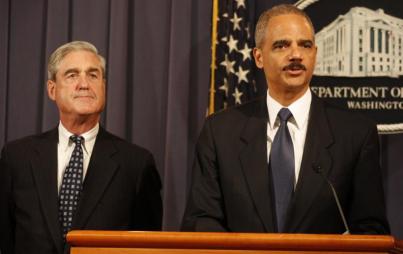
Apple CEO Tim Cook has taken to the internet to tell the world the company will not be complying with FBI requests to hack the San Bernardino shooters’ phones.
In an open letter dated February 16, Cook explains the reasoning behind Apple’s policy of encrypting iPhones in such a way that users’ personal data is protected from everyone — including Apple itself. As Cooks says, “We have even put that data out of our own reach, because we believe the contents of your iPhone are none of our business.”
The FBI has approached Apple under the auspices of a 1789 law called the All Writs Act, which ostensibly allows law enforcement to coerce Apple into creating a backdoor to the data on the phones used by the San Bernardino shooters. Cook alleges that currently there is no technology that exists to create such a back door and he is unwilling to comply with orders to create it. Making such a key to one iPhone, Cook argues, is tantamount to creating the key to all iPhones.
While it is imprudent to ignore the market impact of Apple being asked to decrypt its product while other smartphone makers are not asked to undermine product security, it is also necessary to consider this a watershed moment in personal data protection. Apple has kept iPhones locked as a matter of course. In a way, it is a covenant between Apple and its customers that their data is not subject to perusal by any unauthorized party - that includes individuals, employers, corporations, and the government. The FBI is asking to break that covenant “just this once.” But as we all know, “just this once” is almost never “just this once.”
The FBI may think it is simply asking for help in closing a terrorism case, but the unintended consequences of their request are massive and far-reaching. In a world where most of us have a smartphone in our pockets, this confrontation bears watching.








